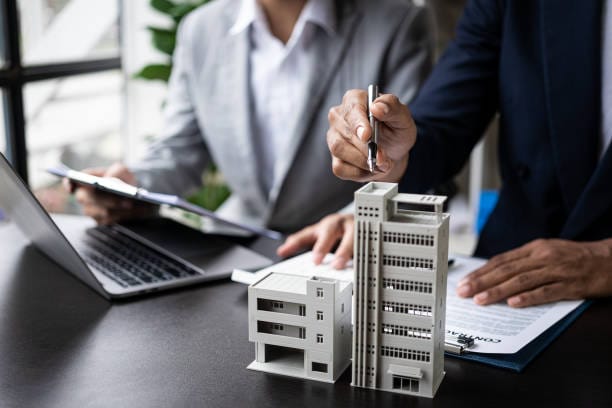Renovating a home can be an excellent way to enhance your comfort while also boosting your property’s value. However, not all renovations yield the same return on investment (ROI). Some projects significantly impact resale value, while others, though pleasant to have, may add little monetary value. Understanding which upgrades to prioritize can help you optimize your budget and maximize profits if you decide to sell your home in the future.
One of the most effective areas in terms of ROI is the kitchen. Often considered the heart of the home, a modernized kitchen attracts many potential buyers. However, achieving impressive results doesn’t necessarily require a massive budget. Simple updates like replacing cabinet handles, repainting cabinets, or installing a new countertop made of quartz or granite can make a big difference. Energy-efficient, modern appliances are also highly valued, offering long-term savings and a polished look that appeals to buyers.
Bathrooms are another key space for adding value. A clean, modern, and functional bathroom is a strong selling point. If your bathroom is outdated, consider replacing essential features like faucets, sinks, or the bathtub. For instance, a walk-in shower with a glass enclosure is a popular trend that offers both practicality and elegance. If you have a family home with only one bathroom, adding an additional bathroom, even a small one, can significantly increase your home’s value.
Improving energy efficiency is another smart way to boost your property’s worth. Today’s buyers are increasingly concerned about energy savings and environmental impact. Installing double-glazed windows, upgrading insulation, or replacing an old heating system with an energy-efficient model can not only lower utility bills but also appeal to potential buyers. Solar panels are also gaining popularity in some regions, and although they represent a substantial upfront investment, they can give your home a competitive edge.
The first impression a buyer gets from your home is its exterior, often referred to as curb appeal. A well-maintained exterior creates a positive first impression and can even influence a buyer’s decision before stepping inside. Renovations like updating the siding, repainting the façade, or adding exterior lighting can have an immediate impact. A well-kept garden with seasonal plants or outdoor living spaces such as a deck or patio also adds value. These are relatively simple projects that greatly enhance the overall attractiveness of the property.
Functional and modern spaces are also a priority for many buyers. If you have an unused or poorly utilized basement, converting it into a playroom, office, or independent apartment can significantly increase your home’s value. Similarly, a well-organized garage or a modern laundry room are assets that buyers particularly appreciate. These types of projects show that your home can meet today’s practical needs and lifestyle demands.
Another important aspect to consider is general maintenance. Even the most impressive cosmetic upgrades won’t compensate for a leaking roof or outdated electrical systems. Before embarking on major renovations, ensure your home’s basic structure is in good condition. Investing in a new roof, upgrading plumbing, or addressing essential repairs may not seem as exciting as a new kitchen, but these upgrades guarantee the durability and safety of your home, which is essential for reassuring buyers.
Finally, tailoring your renovations to your local market is crucial. What adds value in one neighborhood may not have the same effect in another. For example, a swimming pool might be highly desirable in areas with long, hot summers but could be seen as a maintenance burden in colder regions. Similarly, investing in high-end materials may be justified if selling in a prestigious neighborhood but might not offer good returns in a more modest area. Consulting with a real estate agent or appraiser can help you determine which improvements will be the most profitable in your situation.
In conclusion, renovations that increase your home’s value are those that meet buyers’ practical and aesthetic needs while being adapted to your local market. Projects like modernizing the kitchen and bathroom, improving energy efficiency, and maintaining the home’s overall condition are almost always good investments. However, before you start, take the time to assess your priorities, set a realistic budget, and plan your work accordingly. This will not only improve your comfort but also maximize your home’s potential on the real estate market.

